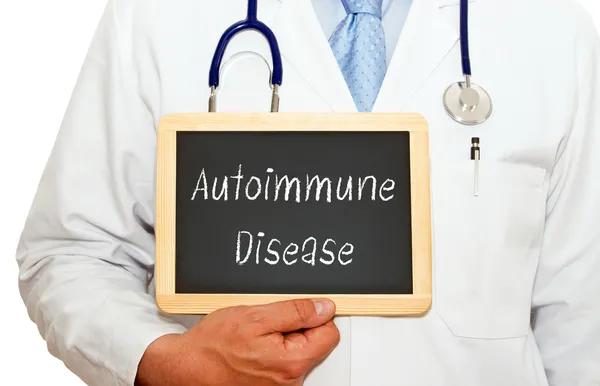Fibromyalgia can be a complicated (yet common) pain disorder, affecting patients in different ways. The Mayo Clinic says experts believe fibromyalgia is caused by the way a patient’s brain “amplifies” painful sensations.
While there doesn’t seem to be one cause, there are a number of factors that have been identified that could lead to a higher risk of the pain disorder, for which there isn’t yet a cure (although there are treatments). Let’s take a look at six of them…
Genetics
MedicineNet.com says there is “increasing evidence” that supports a clear genetic link for fibromyalgia. In fact, the source says that siblings, parents, or children of people with the disorder are eight times more likely to develop the disorder.
“There are several genes that have been suspected to play a role in fibromyalgia syndrome,” explains the source. The source adds that studies of twins have shown that 50-percent of fibromyalgia risk is genetic, and the other half is outside factors.
Autoimmune Diseases
VeryWell.com says that fibromyalgia tends to mimic the symptoms of certain autoimmune diseases, while it can co-exist with autoimmune diseases (when cells attack your own healthy tissue).
While the disorder itself is not considered an autoimmune disorder currently, “it’s possible that future studies may discover that autoimmunity plays a part in some or all cases,” explains the site. It adds that, while there’s research that shows some “irregularities” in the immune system of patients with fibromyalgia, the disorder doesn’t present the same inflammation and damage that autoimmune diseases do.
Certain Viruses
Fibromyalgia News Today suggests in a 2017 article that certain viruses may be culprits behind developing fibromyalgia. The source explains that a doctor from Indiana found that patients who seem to be more vulnerable to certain viruses might have a heightened risk of developing the pain disorder.
Dr. David Johnson tested his patients with fibromyalgia for 17 common viruses. He found that they tested positive for three to nine of them, which could suggest a common link. Some of these common viruses include rotavirus, herpes, and Epstein-Barr virus, notes the source.
Gender
Fibromyalgia tends to predominate in females. In fact, as many as 90-percent of cases are diagnosed in women, according to EveryDayHealth.com. The men that get the disorder tend to experience a milder version with fewer symptoms, adds the source.
The site explains that women with fibromyalgia can experience tenderness or pain in at least 11 of 18 “tender points,” and men typically only have six places in the body where they’ll experience tenderness (and not as intense). Female hormones (i.e., estrogen) are suspected to play a role in the disorder, with some women complaining of more pain around the time of menstruation.
Emotional and Physical Trauma
It’s mostly accepted as true that the mind and body are connected, and one will suffer when the other does. The Mayo Clinic says that emotional trauma (as well as physical trauma) can increase your chances of developing fibromyalgia.
If you’ve been under prolonged psychological stress or something very upsetting has occurred that has turned your mental state upside down, you can actually start to have physical symptoms. Meanwhile, the clinic says a car accident (or other type of injury) can also trigger the disorder.
Depression
WebMD says there are studies linking depression and fibromyalgia and notes that fibromyalgia patients are up to three times more likely to have depression at the time of their diagnosis.
So, does this mean having fibromyalgia causes depression, or does depression lead to fibromyalgia? WebMD explains that researchers believe that depression leads to changes in brain chemistry, while other experts look at the part of the nervous system responsible for handling stress. If that mechanism is out of whack, the experts say the patient may be more susceptible to pain, which can also lead to depression.
 fizkes / Shutterstock
fizkes / Shutterstock







